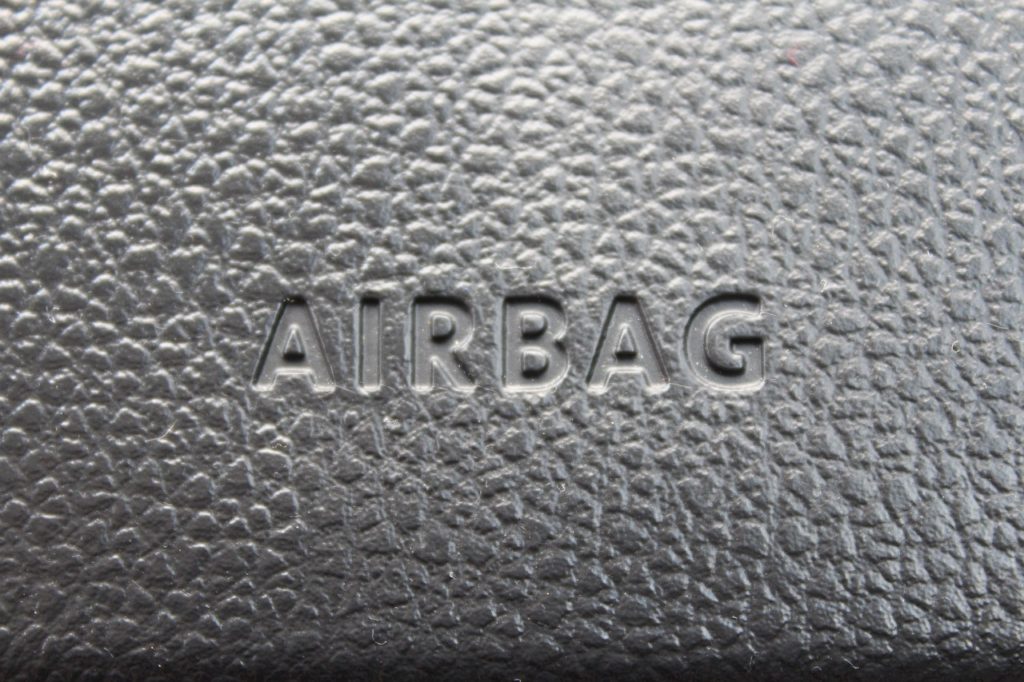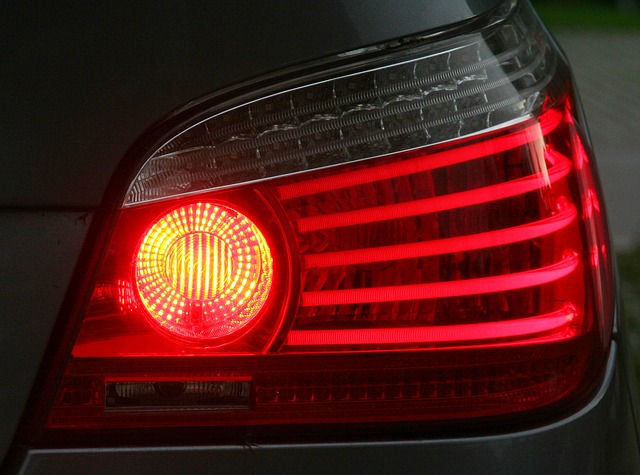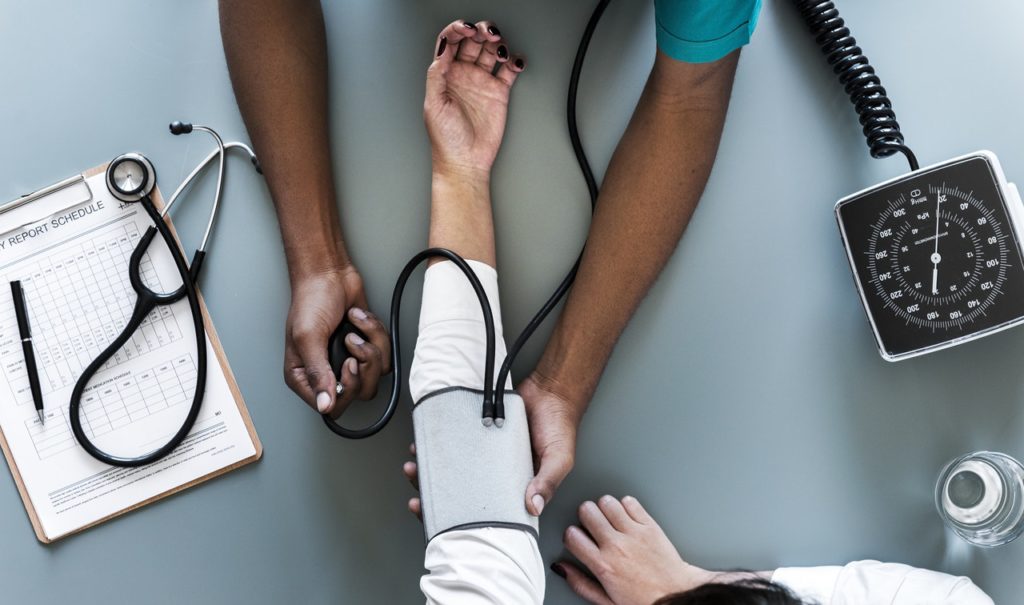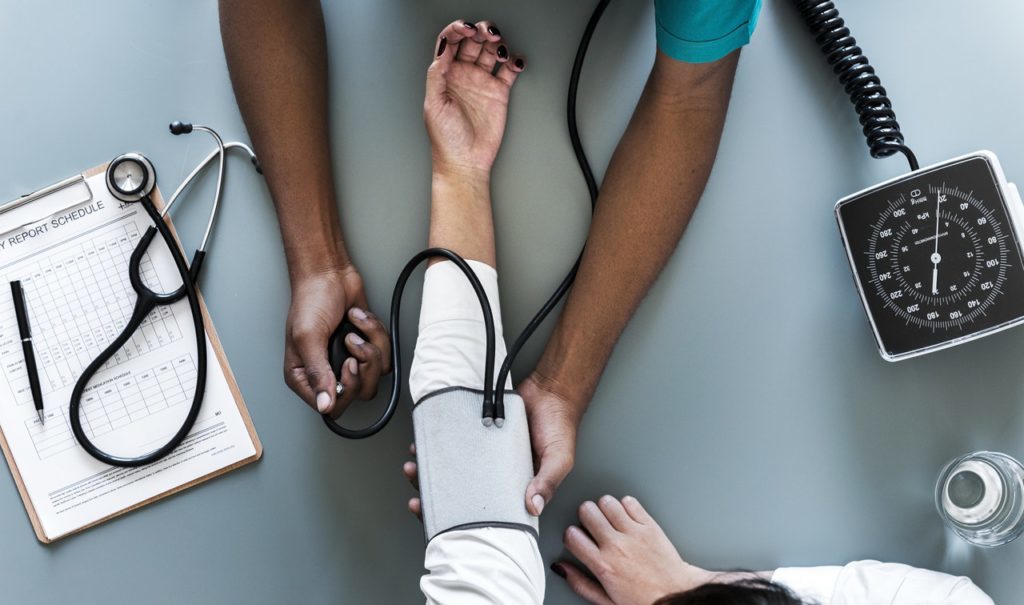Social Media and Your ICBC Claim

Social Media and Your ICBC Claim
These days, who doesn’t have a social media account? While social media was once a place where college students kept each other updated on their day-to-day lives, now even grandparents are on Facebook. Many have become addicted to posting every aspect of their lives without thinking about who might view their social media activity.
Potential Damage to Your Personal Injury ICBC Claim
 As of 2010, ICBC set up their Special Investigations and Cyber Unit to help reduce potentially exaggerated or fraudulent claims.
As of 2010, ICBC set up their Special Investigations and Cyber Unit to help reduce potentially exaggerated or fraudulent claims.
If you have been injured in a vehicle accident, it’s safe to say that ICBC’s adjusters and investigators will be digging deeper into your background and accessing your Facebook, Twitter, Instagram and/or YouTube accounts. Any inconsistencies can hurt your credibility and claim. For instance, ICBC adjusters and investigators will examine what you are saying on social media to people treating you versus what you are saying to ICBC adjusters on record. Any inconsistencies between what you are saying to family and friends on social media versus what you are telling on ICBC will be examined.
This skilled team conducts deep searches on social media sites seeking photos and updates on individuals who claim that they have been unable to work due to their injuries, and then contradict their claim by posting photos or updates of themselves being physically active.
Best Ways to Protect Your Claim Via Social Media
The first step is to be aware – the next step is to take the provisions necessary to ensure you don’t damage your ICBC claim. We have compiled a list of tips to help ensure that you don’t potentially damage your ICBC claim. It’s always a good idea to contact your personal injury lawyer who will provide you with tips:
 Search your name in Google for anything you feel ICBC may use against your claim.
Search your name in Google for anything you feel ICBC may use against your claim.- Applying strict privacy settings to your social media account will not necessarily keep your account private and inaccessible to outsiders. It is a fact that ICBC can gain access to private social media accounts by court order.
- Be aware when posting on any social media platform. Understandably, you want to share positive moments in your daily life with family and friends – however take great care in realizing that once ICBC has gained access to your private accounts, anything they deem to be inconsistent with your claim may be used against you in court.
- Some people do not realize that Facebook owns Instagram. Ensure that you go through both accounts and delete any content that may be deemed harmful to your ICBC case (contact your lawyer before deleting photos or content).
- Do not accept friend requests from people you do not know.
- Do not post any personal thoughts, conversations, information or any photos in relation to your case.
- Keep your family and friends in the loop and ask them not to post or tag you in any photos.
- You should obtain legal advice before deactivating or deleting your Facebook account as ICBC may accuse you of destroying relevant evidence.
Let An Experienced Personal Injury Lawyer Handle your ICBC Claim
If you have any questions or concerns about the use of social media in a personal injury claim, we have the expertise and knowledge necessary so you don’t have to worry about saying or doing anything that may jeopardize your claim. Contact our compassionate and experienced legal team at Tim Louis Law & Associates.
To book your free consultation, call 604-732-7678 or email timlouis@timlouislaw.com. We’re here to help.
Sources:
https://www.icbc.com/about-icbc/Pages/fraud.aspx
https://www.straight.com/article-256851/tim-louis-beware-icbc-trolling-through-yourfacebook-photos




 A vehicle collision results in rapid deceleration, which triggers the front airbags. Nitrogen gas is produced, resulting in inflation at speeds of roughly 300Km/hour in order to protect your head and chest in a high-speed collision. Seatbelts are usually enough to protect the driver and front passenger in a low-speed collision – protecting the occupant’s chest and head. However, it is important to note that it is uncommon for front airbags to deploy in rear-end collisions, rollovers, or side-impact accidents. During these types of crashes, the side airbags deploy, providing protection between vehicle occupants and the doors.
A vehicle collision results in rapid deceleration, which triggers the front airbags. Nitrogen gas is produced, resulting in inflation at speeds of roughly 300Km/hour in order to protect your head and chest in a high-speed collision. Seatbelts are usually enough to protect the driver and front passenger in a low-speed collision – protecting the occupant’s chest and head. However, it is important to note that it is uncommon for front airbags to deploy in rear-end collisions, rollovers, or side-impact accidents. During these types of crashes, the side airbags deploy, providing protection between vehicle occupants and the doors. You can reduce the
You can reduce the 
 Brakes are an essential
Brakes are an essential 
 Windshield wipers can make a big difference in overall driver safety and visibility — removing dirt, rain, and snow – while running for hours at a time to keep your view of the road clear at all times.
Windshield wipers can make a big difference in overall driver safety and visibility — removing dirt, rain, and snow – while running for hours at a time to keep your view of the road clear at all times.

 There are several important steps to be taken under the insurance (vehicle) act in order to prove that the accident happened. ICBC requires proof that you have attempted all possible measures in identifying a hit-and-run driver – such as posting flyers near the accident scene, have published notices in local newspapers or classified sites seeking witnesses and reported the accident to the police — complying with any on-going investigations.
There are several important steps to be taken under the insurance (vehicle) act in order to prove that the accident happened. ICBC requires proof that you have attempted all possible measures in identifying a hit-and-run driver – such as posting flyers near the accident scene, have published notices in local newspapers or classified sites seeking witnesses and reported the accident to the police — complying with any on-going investigations.



 Regardless of any physical injuries that result from a traumatic auto collision,
Regardless of any physical injuries that result from a traumatic auto collision,  In today’s world of
In today’s world of 


